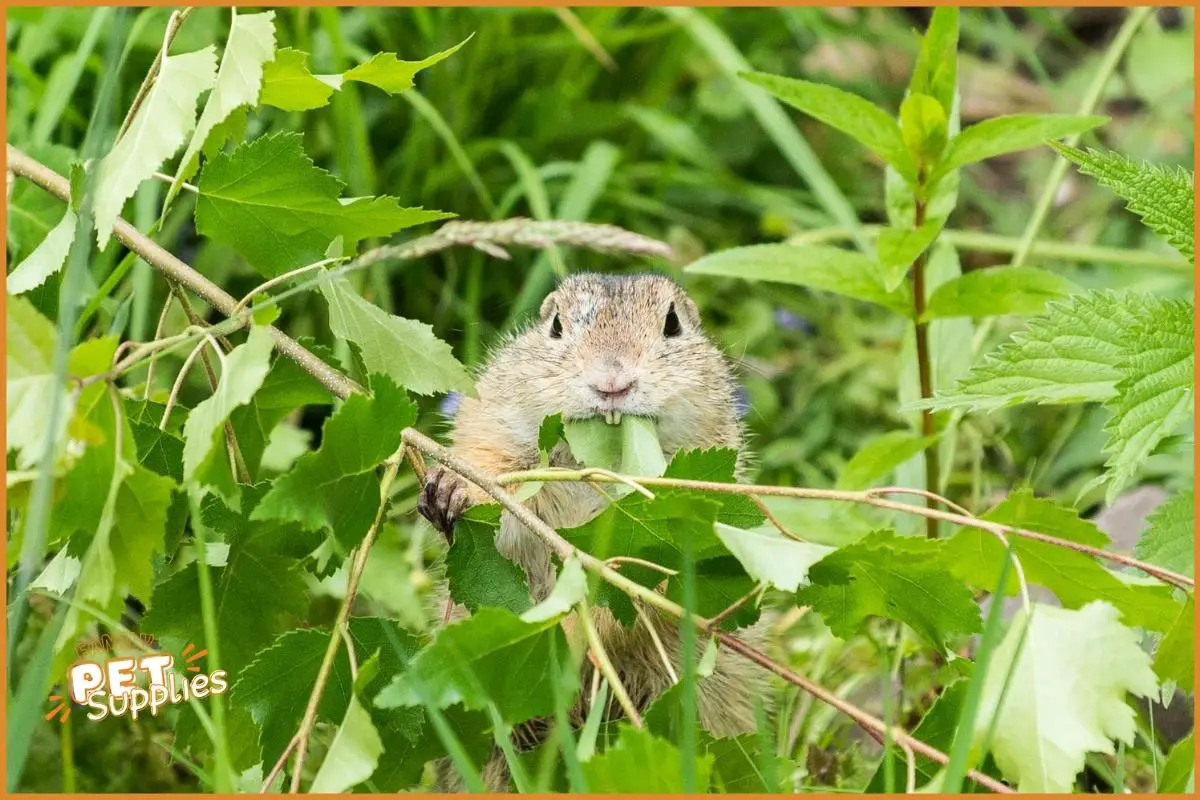Raisins are dried grapes and have a high sugar content, making them unsuitable for hamsters. Feeding raisins can lead to obesity, diabetes, and other health issues in hamsters. It’s generally advisable to avoid offering raisins to hamsters to ensure their long-term health and well-being.

Key Takeaways
- Raisins have a high sugar content, which can lead to obesity and diabetes in hamsters.
- Hamsters have small digestive systems that may not be able to handle the concentrated sugar levels in raisins.
- Feeding raisins to hamsters can contribute to weight gain and obesity-related health problems.
- Excess consumption of raisins can lead to diabetes in hamsters due to the spike in blood glucose levels.
Potential Risks of Feeding Raisins to Hamsters
You should be aware that there are potential risks associated with feeding raisins to your hamster. Raisins, despite being a popular snack for humans, aren’t recommended for hamsters due to their high sugar content. Hamsters have a small digestive system, and foods high in sugar can lead to obesity and diabetes.
Raisins can also cause digestive issues such as diarrhea and upset stomach in hamsters. Additionally, the small size of raisins poses a choking hazard for your furry friend.
It’s important to prioritize your hamster’s health and well-being by offering them a balanced diet that consists of specially formulated hamster pellets, fresh fruits, vegetables, and occasional treats that are safe for them.
Understanding the Sugar Content in Raisins
To fully understand the sugar content in raisins, it’s important to know that they’re dried grapes and contain a significant amount of sugar. During the drying process, the water content in grapes is reduced, resulting in a concentrated form of sugar.
Raisins have a natural sugar content of about 59 grams per 100 grams. This high sugar content makes raisins unsuitable for hamsters, as their bodies aren’t designed to handle such concentrated levels of sugar. When hamsters consume foods with high sugar content, it can lead to obesity, diabetes, and other health issues.
Therefore, it’s best to avoid feeding raisins to hamsters and provide them with a balanced diet that meets their specific nutritional needs.
Impact of Raisins on Hamsters’ Weight and Obesity
Feeding raisins to hamsters can contribute to their weight gain and potential obesity. Raisins are high in sugar, which can cause a rapid increase in a hamster’s calorie intake. When hamsters consume excess calories, they’re at risk of becoming overweight and developing obesity-related health problems. Obesity in hamsters can lead to reduced mobility, joint issues, and an increased risk of diabetes.
Raisins also have a low water content, which means they provide little hydration to the hamster’s body. This can further contribute to weight gain as the hamster may eat more to compensate for the lack of water in the raisins.
It’s important to prioritize a balanced and appropriate diet for hamsters to prevent weight gain and maintain their overall health.
The Link Between Raisins and Diabetes in Hamsters
When consumed in excess, raisins can lead to diabetes in hamsters as they have a high sugar content. Hamsters have small bodies and aren’t designed to handle large amounts of sugar. When hamsters consume raisins, the high sugar content can cause a spike in their blood glucose levels.
Over time, this can lead to insulin resistance and eventually diabetes. Diabetes in hamsters can result in symptoms such as increased thirst, frequent urination, weight loss, and lethargy. It’s important to note that diabetes is a serious condition that requires veterinary attention.
Therefore, it’s best to avoid feeding raisins to hamsters to prevent the risk of diabetes and maintain their overall health and well-being.
Other Health Issues Associated With Raisin Consumption
If your hamster eats raisins, it can potentially lead to other health issues such as digestive problems and dental issues. Raisins are high in sugar and can cause digestive upset in hamsters. The natural sugar in raisins can disrupt the delicate balance of bacteria in the hamster’s gut, leading to diarrhea or constipation.
Additionally, the sticky texture of raisins can get stuck in the hamster’s teeth, leading to dental issues such as tooth decay or gum disease. The high sugar content in raisins can also contribute to weight gain and obesity in hamsters, which can further exacerbate health problems.
Therefore, it’s best to avoid feeding raisins to your hamster and opt for other healthier treats that are more suitable for their dietary needs.
Alternatives to Raisins for Hamsters’ Nutritional Needs
To ensure your hamster’s nutritional needs are met, consider incorporating healthier alternatives to raisins into their diet.
While raisins may be off-limits due to their high sugar content, there are several nutritious options that can provide your hamster with essential nutrients.
One alternative is fresh fruits, such as apples, pears, or strawberries. These fruits are low in sugar and provide vitamins and fiber.
Another option is vegetables, including carrots, broccoli, and spinach. These veggies offer a variety of vitamins and minerals that are beneficial for your hamster’s overall health.
Additionally, you can introduce small amounts of whole grains, such as oats or quinoa, which provide carbohydrates and fiber.
Remember to introduce new foods gradually and monitor your hamster’s reaction to ensure they tolerate the alternative options well.
Best Practices for Feeding Hamsters and Avoiding Raisins
To ensure the health and well-being of your hamster, it’s important to follow best practices when feeding them and avoid giving them raisins. Raisins aren’t suitable for hamsters due to their high sugar content, which can lead to obesity, diabetes, and other health issues.
Instead, focus on providing a balanced diet that consists primarily of hamster pellets or blocks, fresh vegetables, and occasional fruits such as apples or berries. It’s crucial to monitor the portion sizes and avoid overfeeding your hamster, as excessive weight gain can also lead to health problems.
Additionally, always ensure that your hamster has access to fresh, clean water. Following these best practices will help maintain your hamster’s overall health and prevent any potential risks associated with feeding them raisins.

